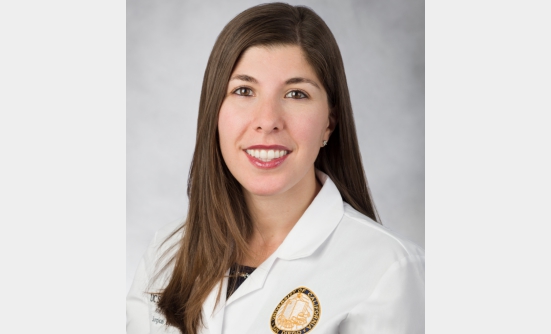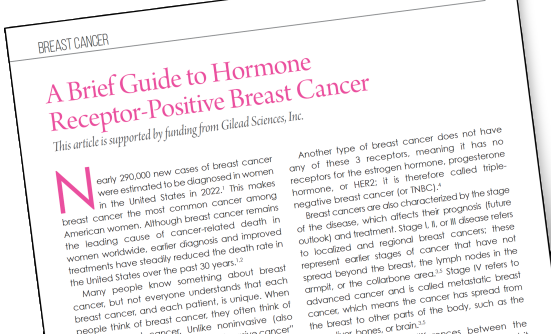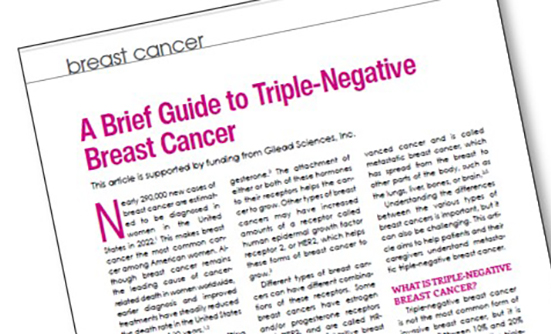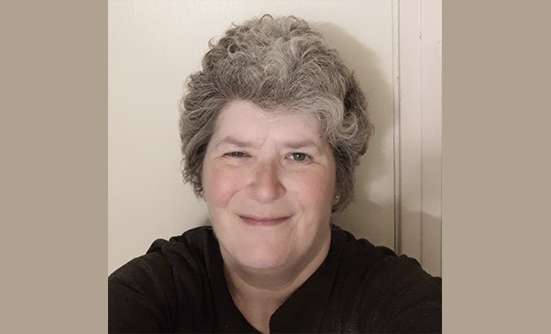
Surgery is an integral part of breast cancer treatment. With any surgery, it is helpful to prepare for your practical needs postsurgery. But unlike other types of surgery, breast surgery can carry a higher level of emotional implications for women. While there are practical things you can do to prepare and make the days following your surgery a bit easier, it’s also important to acknowledge your feelings about the surgery and consider healthy ways to cope with the emotional impact.
To start, let’s talk about the 2 types of surgery for breast cancer: lumpectomy and mastectomy.
Lumpectomy
Lumpectomy, also known as a partial mastectomy or breast-conserving surgery, refers to the removal of the tumor (or “lump”) only. If you undergo a lumpectomy, you will likely be able to go home from the hospital the same day as the procedure, unless you have medical concerns that require additional monitoring.
With lumpectomy, the breast is preserved. The goal of a lumpectomy is to remove the tumor intact with some of the normal surrounding tissue to ensure that no cancer cells are left behind. This is confirmed by the absence of cancer cells on the edges of the tissue removed. The tissue from surgery is sent to the pathologist, who will issue a report that includes either “negative” or “positive” margins. Negative margins mean no cancer is present on the edges of the tissue. If the margins are positive (meaning cancer cells are present on the edges of the removed tissue), then a second surgery is needed to remove more tissue to ensure clearance of the cancer.
Sometimes, a “sentinel lymph node biopsy” is performed at the time of lumpectomy. The sentinel nodes are the first nodes in the chain of lymph nodes in the underarm. If these lymph nodes do not contain cancer, then it can be assumed that cancer has not spread outside of the breast.
Depending on the size of the lumpectomy, there may be slight changes in the size and shape of the breast.
Almost always, radiation therapy is recommended after a lumpectomy for breast cancer.
Preparing for and Recovering from a Lumpectomy
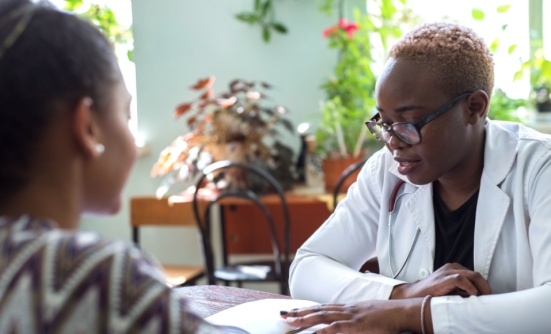
A lumpectomy with or without a sentinel lymph node biopsy is performed as an outpatient procedure under general anesthesia. Many centers offer nerve blocks prior to surgery to help with pain control after surgery. You will likely feel tired after surgery for a few days; it is recommended to take up to a week off from work. You will be able to complete your activities of daily living, and the only main restriction is no heavy lifting (more than a gallon of milk) to allow the area to heal. A few suggestions:
- You will not be able to shower for a few days after surgery, so you will want to shower the day before or the day of surgery
- Ask your healthcare team which medications you should take prior to surgery and which medications you should stop
- You will need a ride home from the hospital on the day of surgery
- Choose 1 person as the point of contact for the surgeon and have that person communicate with a list of people you want to be kept informed.
Mastectomy
The second type of surgery is a mastectomy, which is the removal of the entire breast. Usually, patients undergoing mastectomies are admitted to the hospital for pain control. Mastectomies can be performed with or without reconstruction. Depending on the type and extent of breast cancer, reconstruction can be started at the time of mastectomy or delayed until the breast cancer treatment is completed. If a patient does not wish to have reconstruction, or it is recommended that reconstruction be delayed, the breast tissue along with the nipple is removed, and the chest is left flat. With reconstruction, the nipple can be preserved if it is free of cancer.
Drains are placed at the time of the mastectomy to collect fluid that develops as a normal response of the body anytime tissue is removed.
Preparing for and Recovering from a Mastectomy
Although you will be able to complete your activities of daily living, you will want to have support available. No heavy lifting is permitted, and recovery can be 4 to 6 weeks depending on the type of reconstruction. A few suggestions:
- You will not be able to shower for a few days after surgery, so you will want to shower the day before or the day of surgery
- Ask your healthcare team which medications you should take prior to surgery and which medications you should stop
- Choose 1 person as the point of contact for the surgeon and have that person communicate with a list of people you want to be kept informed
- Pack a hospital bag with loose comfortable clothing that opens easily in the front
- Organize your closet and dressers so that these types of clothes are easily accessible when you come home
- You will go home with a bra from the hospital, but you may also want to have comfortable bras or camisoles at home for when you are allowed to remove your hospital bra
- You can pin your drains to whatever bra or shirt is comfortable, purchase bras with pouches for drains, or hang your drains on a lanyard around your neck
- Prepare and freeze some meals prior to surgery, stock up on groceries, or have premade food available when you come home.
Lymph Nodes
In many cases, lymph nodes may be removed during your surgery, especially for invasive breast cancer. Information from lymph node sampling can provide important prognostic information, and in some cases, it may help to guide treatment decision-making postsurgery.
The type of lymph node surgery depends on the extent of the cancer. If there is no evidence of breast cancer in the lymph nodes on exam or imaging, then a sentinel lymph node biopsy is performed. As described above, sentinel nodes are the first nodes in the chain of lymph nodes in the underarm. If these lymph nodes do not contain cancer, then it can be assumed that cancer has not spread outside of the breast.
If there is evidence of cancer in the lymph nodes prior to surgery, then an “axillary node dissection” is performed, which involves removal of most of the lymph nodes in the underarm.
The Emotional Component of Surgery for Women
For many women, choosing which surgery is best for them and adjusting to life after surgery are challenging. Be gentle and patient with yourself: this is a big adjustment.
With a lumpectomy, you will have a permanent scar on your breast. You may have a change in the shape and size of your breast. Overall, however, most women adjust well to having a lumpectomy.
With a mastectomy, the emotional impact is greater. For some women, losing their breasts can greatly affect their feelings related to femininity and sexuality. All of this is normal, and you are certainly not alone with these feelings. There are things you can do to help cope with the shock of a diagnosis and your feelings related to your new body. My best advice is to allow yourself the time to heal, both physically and mentally. Keep an open dialogue with your loved ones. Talk to your breast cancer team. Join a support group through your treatment center to connect with other women who have experienced what you are going through. By talking through your feelings, I hope you find that you will move beyond any negative emotions a mastectomy can bring.
Resources
American Cancer Society. Surgery for Breast Cancer. www.cancer.org/cancer/breast-cancer/treatment/surgery-for-breast-cancer.html.
Breastcancer.org. Mastectomy vs. Lumpectomy. www.breastcancer.org/treatment/surgery/mast_vs_lump.
Susan G. Komen. Deciding Between Mastectomy or Lumpectomy. ww5.komen.org/BreastCancer/DecidingBetweenMastectomyandLumpectomy.html?ecid=emklmay11:28.





